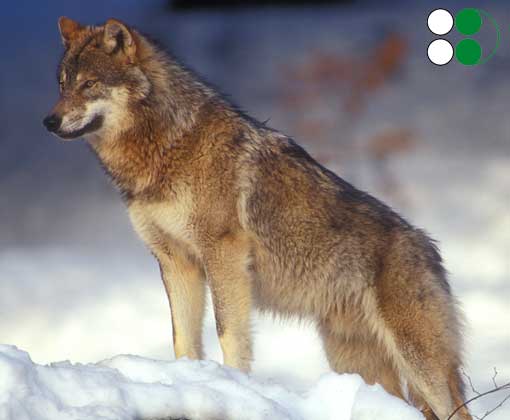PRODUCTIONS: ANIMALS WITHOUT FRONTIERS
(Serie: Animal Files)
DIRECTOR
PRODUCER
DURATION
VERSIONS
FORMAT
Carlo & Lodovico Prola
Ditta Prola
26'

SD

Parrots in the streets, among houses, gardens and trees. We are not in a city of Africa, the Amazon or Australia. We are in a quiet residential neighbourhood of Rome. In a group of old coniferous trees, a colony of monk parakeets has set up home, built voluminous nests which grow in number with every new year.
These parakeets certainly did fly here from their native South America. This large population is probably the direct descendant of a couple which escaped or was intentionally freed from a cage. Nor is this case in Rome an isolated one. There are parrot populations in a number of other European cities. They find refuge from predators among the houses and benefit from friendly humans, to the point that they are gradually colonising city parks.
The presence of exotic animal and plant species is not a novel or unusual phenomenon. The passion for importing and acclimatising animals and plants from far away lands is a bad habit that has a long history of which the examples are almost infinite.
We can find “aliens” non only between birds, but also between fishes, reptiles, mammals and insects: these reckless imports threaten to destroy the careful ecological equilibrium that has developed over the course of millennia. It is important to stress, moreover, that ultimately it will not be just single species who will pay the consequences but all the members of the ecosystem, human beings included.


